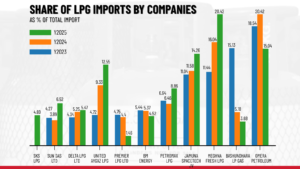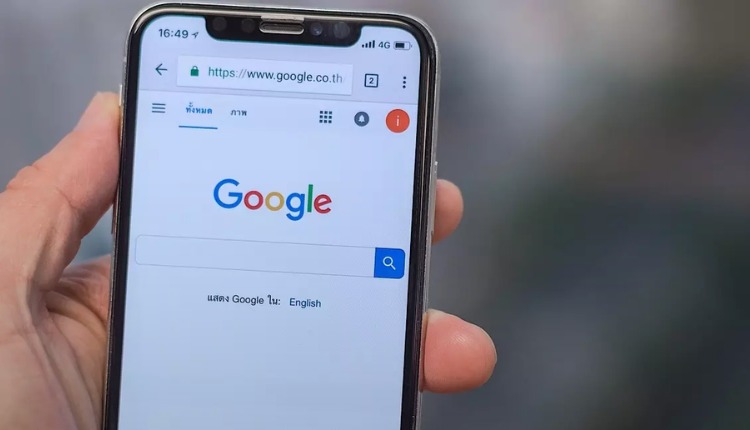Google has reached a preliminary settlement in a consumer privacy lawsuit seeking a minimum of $5 billion in damages over allegations related to its “incognito” mode. The lawsuit, originally filed in 2020, contended that Google’s Chrome browser misled users into believing their online activities were private. The heart of the matter was the claim that the “incognito” mode provided users with a false sense of privacy, leading them to believe their online behavior was not being tracked by Google.
Internal Google emails, introduced as evidence in the lawsuit, suggested that users in incognito mode were, in fact, being tracked by the tech giant for purposes such as measuring web traffic and selling advertisements. The plaintiffs argued that millions of individuals were likely affected by Google’s practices. Reportedly, lawyers representing the consumers sought at least $5,000 for each user tracked by Google Analytics or Ad Manager services, even when in private browsing mode and not logged into their Google account.
The settlement, whose exact amount remains undisclosed, marks a resolution to the class-action lawsuit, averting a scheduled jury trial set to begin next year. As reported, the agreement is subject to court approval, expected by February 24, 2024. The lawsuit highlighted the challenges and controversies surrounding user privacy in the digital age, particularly concerning the practices of major tech companies.
This development follows Google’s recent denial of a request to have the case decided by a judge, emphasizing the significance of a jury trial in determining the outcome. The “incognito” mode on Google Chrome, designed to offer users private browsing capabilities, became the focal point of the lawsuit, with the plaintiffs alleging intentional deception by Google.
Class action lawsuits have become a primary avenue for addressing data privacy concerns involving major tech companies in the United States, where comprehensive legislation on personal data handling is currently lacking. In a broader context, this settlement adds to the ongoing discourse on digital privacy and accountability in an era dominated by tech giants.
For more updates, be with Markedium.












































Leave a comment